Politicon.co
The legitimacy of the European Union in South Caucasus. The case of Second Karabakh War
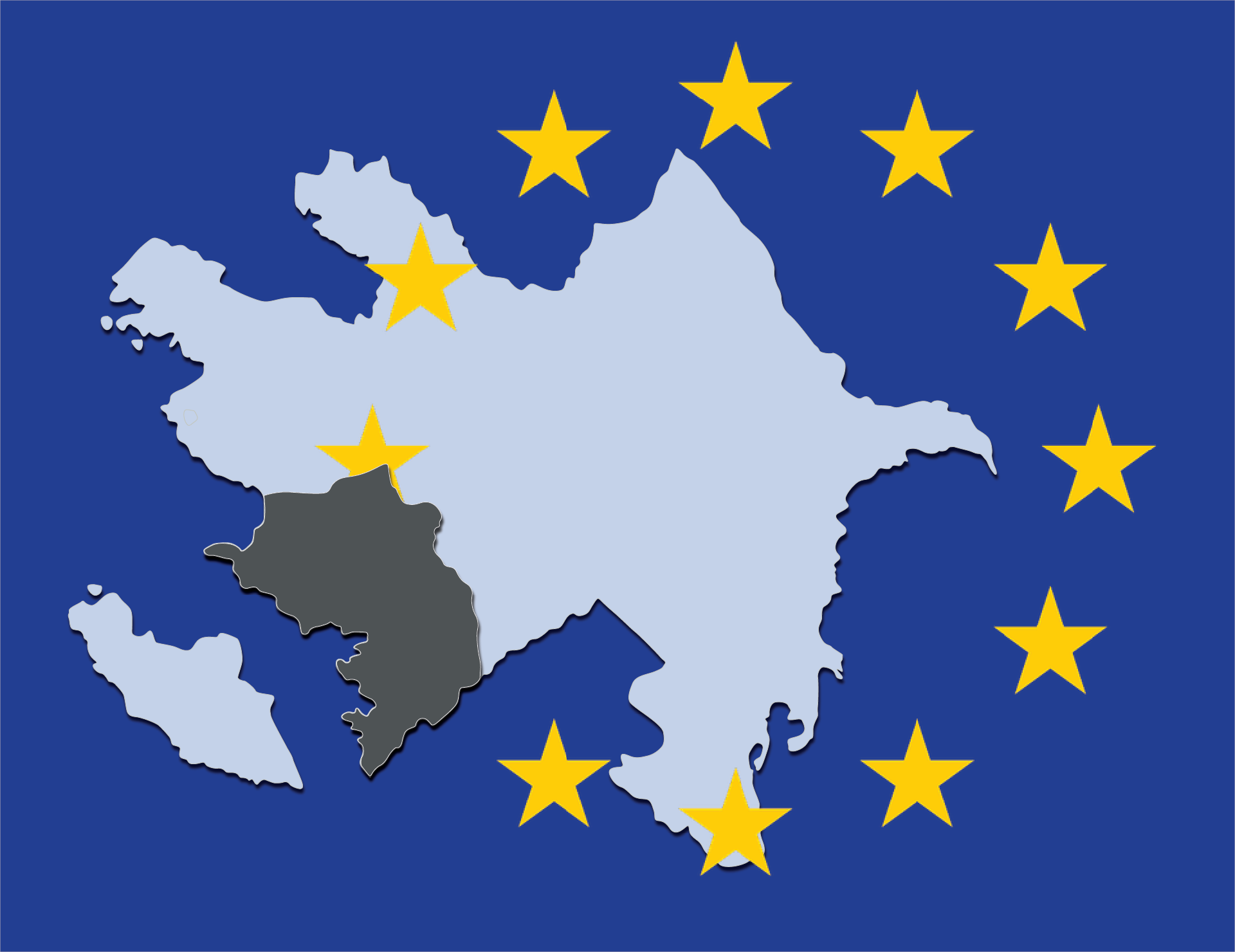
What is the legitimacy and how to assess it in the EU?
The EU is decreasing its relevance due to the fact that it is unable to speak in one voice (Bayramova, 2020). Despite of its obviously declining power status, the EU is seen as a force that needs to return to weak multilateralism (Bradford, 2012; Bayramova, 2020). Being an economically powerful actor and affecting the lives of millions all over the world through the standards it set (Bradford, 2012), the EU fails to gain legitimacy as an external actor (Bayramova, 2020). Therefore, it is relevant to study the legitimacy of the EU as an external actor and its foreign policy nature. This article analyzes the extent to which the EU is considered as a legitimate actor in South Caucasus, namely in the Nagorno-Karabakh conflict.
It is important to note that the foreign policy of the EU is separate from the foreign policy of the individual Member States. In order to analyze and understand the legitimacy question of the EU, one needs to look at the nature and construction of the EU. The Union is not similar to the nation states due to its political construction. Moreover, it is a unique system, namely a project founded and run by the member states. According to Sjursen (2018) the EU legitimacy of the Union comes from Member States that derive its legitimacy from the population. As a result, the Union gets its legitimacy, even not directly, but obliquely from the people (Sjursen, 2018, Bayramova, 2020). Nonetheless, despite its limits and power, the expectations from the EU are considerably high.
Each Member State has its own foreign policy and it is considered as raisons d’etre of sovereign states. Member States have not transferred their rights to freely act in the international arena to the Union. Therefore, the Union cannot make decision alone in the foreign policy. All the 27 Member States take part in the decision-making, and disagreement on one state can break the agreement. This shows that the EU is not a super state that can act freely. Furthermore, Member States often have diverging views in case of foreign policy. For instance, Hungary, Poland and Austria were supporting Benjamin Netanyahu’s aggressive policy towards Palestine, however; other Member States condemned it (Sternhell, 2019).
While analyzing the EU as a global player and debate whether the EU is a civilian or military power, the concept of Normative Power Europe (NPE) explains the actions and limits of the Union. The NPE concept studies the foreign policy of the EU as a structure that promotes norms in its relations with third states, regions, as well as analyses the identity of the EU in the global arena (Manners, 2002). Manners (2002) points out that the EU should be viewed as an actor that promotes the norms derived from its historical background and its political construction. After the devastating Wars in Europe, the EU paid more attention to the construction of norms and interpretation of them in the Treaties in order to restore (or recreate) the European image. Therefore, the EU does not possess an army and is not perceived as a military power. There are five “core norms” presented in the NPE concept that are: peace, liberty, the rule of law, democracy and justice (ibid.). Hence, the EU is spreading those norms in its foreign policy towards regions.
Putting aside the conceptual framework, the legitimacy is closely connected with the authority. What is authority? The authority is recognition that an institution has particular rights to act in specific area (Tallberg & Zürn, 2019). Legitimacy “…is the belief that those rights are being appropriately exercised” (Bayramova, 2020). For instance, a state can recognize the authority of the EU as a Normative Power that has a right to have relations with third states and spread its values and norms through particular instruments, but have little confidence in the practice of this authority, taking into account the way how decisions are made and how they impact particular states (Tallberg & Zürn, 2019).
Second Karabakh War. Lost the game?
The EU was acting as a normative power in South Caucasus and tried to play a role in the resolution of the regional conflicts. One of the main conflicts that attract the attention of the EU is Nagorno-Karabakh conflict between Armenia and Azerbaijan. The EU evidently failed to actively participate in the Second Karabakh War as a party. It made a number of attempts to mediate the conflict between Azerbaijan and Armenia, but could not reach its aims in the region. Russia got the control in the region and proved to be a regional power one more time. What were the main reasons the EU failed?
Throughout the conflict, almost 30 years, the EU tried to mediate and supported the peaceful resolution of the dispute. However, due to diverging views of the Member States it was not considered as a legitimate power in the South Caucasus region. Member states such as France, the Netherlands, and Belgium shared their clear support to the occupant which ended with the decrease in the legitimacy in the perception of Azerbaijan. On the other hand, Armenia condemned the EU for passivity and lack of support (Broers, 2021).
Another reason is that the EU had never had a clear mandate in this conflict. Only five EU member states took part as a member of the Minsk Group and all of them shared different views (ibid.). Moreover, the co-chair member state France announced its support to the occupation without any consent of the EU. Why? Because France is free to act as a nation state and the Union does not have power to coordinate or dictate a member state what to do. On the other hand, the EU cannot prevent the aggressive policies of member states. We could see it in case of Israeli-Palestinian conflict when Hungary and Poland supported the aggressive policy of B. Netanyahu (Sternhell, 2019). The EU as a union could not promote a unified approach to the conflict, as well as, failed to resolve internal crisis (Member States supporting aggressive policies) and therefore the legitimacy of it declined in the South Caucasus region.
The EU is not putting enough effort in relations with the South Caucasus. It has done few things to promote peace, security and stability if not creating extra problems (such as statements by MEP’s in support of occupation). Therefore, states do not choose to cooperate with the EU, organization that is ineffective, leaving behind powerful regional states such as Russia and Turkey.
Finally, the EU is reluctant to use coercive power. As it was mentioned above, the EU is considered as a civilian power which relies on the member states and does have a unified European army, when Russia being a regional power can interfere into the conflict area both with civilian and military power. This situation creates a legitimacy dilemma. Azerbaijan does not see the EU as a power that can intervene when the military power is needed. Consequently, cooperating with the EU will jeopardize the geopolitical situation in region putting Russia aside, and would not also resolve the conflict. Moreover, even if it had a unified army, it would be powerless in front of the diverging views of its member states. As was mentioned before, an actor is considered legitimate when its authority is accepted. In case of the EU, the divergence of views within the Union, absence of a unified army and “do not care” attitude destroyed the legitimacy of it in the South Caucasus.
References
- Bayramova, R. (2020). The EU as a legitimate actor in the European external action? The case of Israel-EU relations. Master thesis. KU Leuven, Leuven
- BBC News (2019) Europe and right-wing nationalism: A country-by-country guide. Retrieved June 10, 2020, from https://www.bbc.com/news/world-europe-36130006 .
- Bradford, A. (2012). The Brussels Effect. Northwestern University School of Law Northwestern University Law Review, Vol. 107, No. 1.
- Broers L. (2021) Perspectives: The EU and Karabakh: Picking up the pieces, looking for a role. Retrieved January 26, 2021, from https://eurasianet.org/perspectives-the-eu-and-karabakh-picking-up-the-pieces-looking-for-a-role
- Manners, I. (2002). Normative Power Europe: A Contradiction in Terms? JCMS: Journal of Common Market Studies, 40(2), 235-258. doi:10.1111/1468-5965.00353.
- Sjursen, H. (2018). The legitimacy of European Union foreign policy, Global Affairs, 4(2-3), 253-264. doi:10.1080/23340460.2018.1532308.
- Sternhell, Z. (2019). Why Benjamin Netanyahu Loves the European Far-Right. Foreign Policy. Retrieved June 10, 2020, from https://foreignpolicy.com/2019/02/24/why-benjamin-netanyahu-loves-the-european-far-right-orban-kaczynski-pis-fidesz-visegrad-likud-antisemitism-hungary-polandilliberalism/.
- Tallberg, J., & Zürn, M. (2019). The legitimacy and legitimation of international organizations: Introduction and framework, The Review of International Organizations, 14(4), 581-606. doi:10.1007/s11558-018-9330-7.
![]()
- TAGS :
- Caucasus
- Nagorno-Karabakh
- Avropa
- TOPICS :
- Conflict and peace
- International law
- REGIONS :
- Western Europe


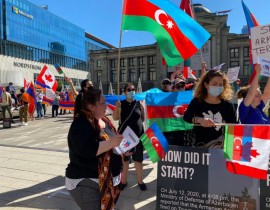

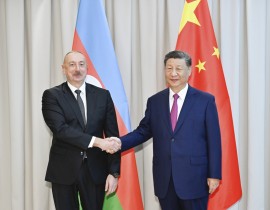
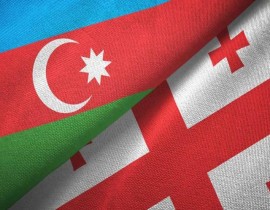

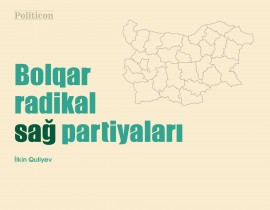
jpg-1599133320.jpg)
